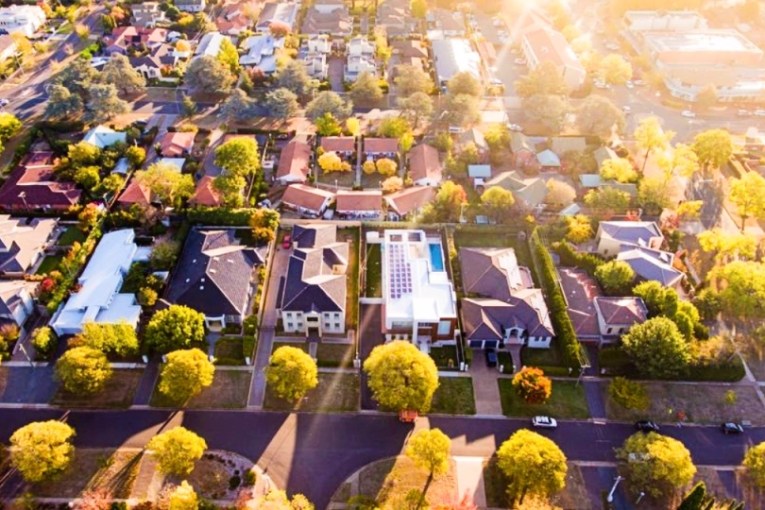Older Queenslanders urged to trial new Australian-made coronavirus vaccine

Volunteers aged 56 and over are being urged to help with the next phase of human trials for the University of Queensland’s COVID-19 vaccine.
The tests will gauge if the vaccine is safe for older people, virologist and project co-leader Professor Paul Young says.
“As most people are now aware, COVID-19 appears to have a higher degree of disease severity in older individuals,” he said.
“By conducting this expanded safety study, we’ll be able to gather key data to support the large-scale efficacy trials.”

Computer modelling of the coronavirus’s spike protein.
UQ is recruiting 48 volunteers between 56 and 65 years of age and another 48 volunteers aged 66 years and over.
The team is aiming to start the trials within three weeks, with volunteers required to make nine visits for two doses and “regular bleeds”.
Infectious disease expert Associate Professor Paul Griffin said participants generally need to be in good health, and any existing medical conditions need to be stable.
The university started phase one of the human trials in July with 120 18 to 55-year-olds.
Early results have been positive, with the vaccine proving to be generally well-tolerated in healthy volunteers.
Researchers hope to move onto the clinical phase involving many thousands of people if the test vaccine also produces a positive immune response in the older volunteers.
However, the best-case scenario for vaccine development remains mid-2021.
Professor Young said local biotech company CSL had started manufacturing vaccine doses for the potential clinical trials.
“Next year should see the production of tens of millions of doses,” he said.
The call to extend the trials follows successful pre-clinical trials on hamsters.
In the animal trial, the potential vaccine provided protection against virus replication and reduced lung inflammation following exposure to the virus.
UQ and the Coalition for Epidemic Preparedness Innovations entered into a partnership in June with CSL to take the rapid-response ‘molecular clamp’ enabled vaccine through clinical development and manufacture, if it proves successful.
The Queensland government has provided $10 million in funding for the project, the federal government has contributed $5 million and more than $10 million has been provided by philanthropists and other donors.







